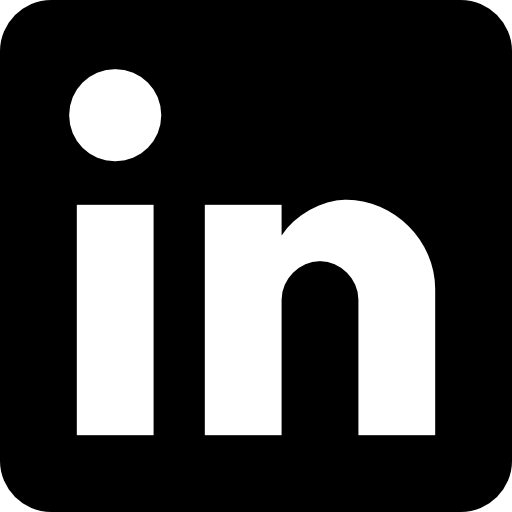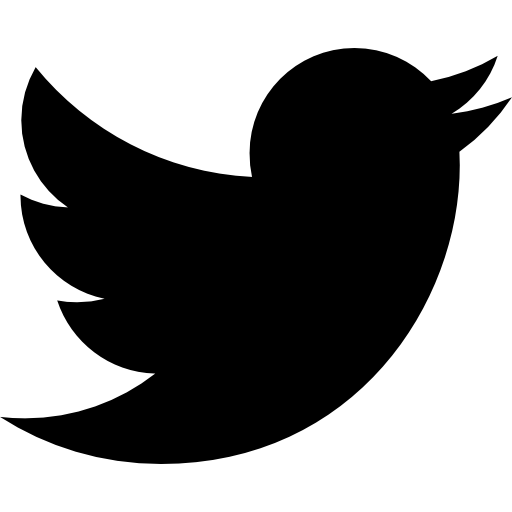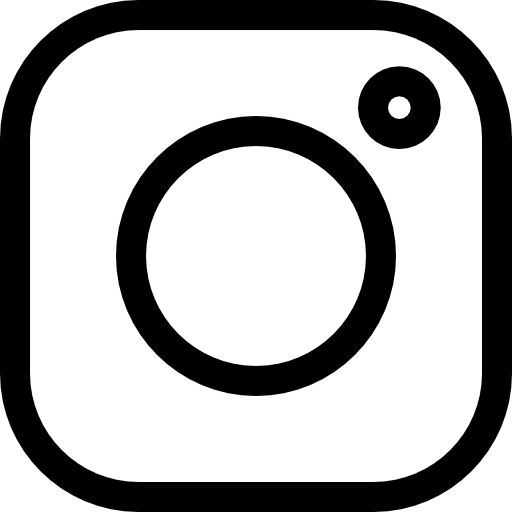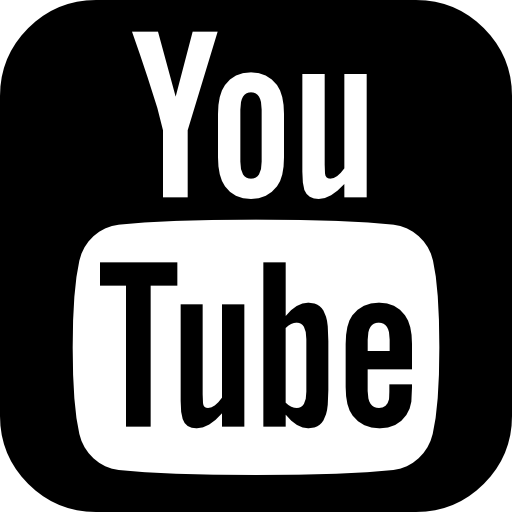Dustyne Bryant, MBA, CIC, CISR- Personal Lines Academic Director
Joan E. Sansing, CIC, ARM, AAI- Faculty- Dynamics of Selling
Are you a new female insurance producer? Do you want to be? Read this to find out what can happen to your insurance sales career when you learn from one of the best insurance sales training experts in the industry!
In this interview, Dustyne Bryant, CIC, CISR, Personal Lines Academic Director, talks with Joan Sansing, CIC, ARM, AAI. In addition to being a top producer, Joan has been the National Sales Manager at Wells Fargo Insurance Services, Senior VP at Tanenbaum Harber of Florida, Senior VP at CBIZ, and recently launched Sansing Consulting, Inc. Joan is a National Alliance National Faculty member who teaches Dynamics of Selling and other select programs.
Joan Sansing: Sansing Consulting was developed to help with the placement of producers in independent insurance agencies. It’s something that we really struggle with as an industry. We don’t hire well, and I have an extensive background in trying to find qualified candidates to fill the role of insurance agency producers. What I’m doing now is working in conjunction with Florida State University, which has an amazing RMI Program, to place brand new producer candidates in independent insurance agencies.
Joan Sansing: I was lucky in the fact that I got into this industry by chance. A significant direct writer had just lost a discrimination lawsuit. Women in their claims and loss control departments had sued for the company’s failure to advance women, and the company lost the lawsuit. What’s interesting is that they looked around the company and saw that they had women in personal lines selling personal lines. Then they looked in their commercial lines division and saw they had no female producers. That wasn’t unusual 40 years ago, but they actually made a concerted effort to hire women – and I was one of them. I was lucky because they didn’t have women in commercial lines, and that’s where I have focused my entire career. I don’t do personal lines. I did employee benefits until the mid-1990s but made a concerted effort to only do personal lines when I went with what is today Wells Fargo.
So what did I have to overcome? I’ve seen being a woman as an advantage in many ways, especially at the beginning. I mean, if I was calling and knocking on doors and trying to meet with the business leaders of a company, I was about the only female doing that. I was kind of a novelty and they would agree to meet with me because they weren’t hearing from other women. That opened doors for me. Of course, I got tested more than my male counterparts and I had to be smarter than them, so I found a way to do something that many of us don’t do. While I am highly qualified on a technical basis as an insurance professional, I also know how to sell. And I know how to mesh those two skill sets. I don’t sell exclusively on a technical basis, which is what many people do. Many insurance sales professionals start talking immediately about the insurance products they have and don’t listen to the buyer.
There were glass ceilings. I actually had a situation where a fairly substantial company told me that I had reached the glass ceiling and would not go any further. And I didn’t go any further with them – meaning I left them and found a better opportunity. That still exists. It’s maybe just not as overt. I overcame because I’m a very good agent and always have been. And the reason I say I’m a very good agent is I know that I don’t know everything, even after 40 years. I overcame by staying on top of my products and not viewing myself as being different than my male counterparts. I am as good. I am as smart and talented as they are and that’s basically my mental outlook.
Joan Sansing: I would like to say that the obstacles that were faced 40 years ago have completely gone away, but they really haven’t. I remember that years ago The National Alliance capped the Producer Schools at 60 participants, and there would maybe be four women in the class. Today, I still see far fewer women going into sales, either because they’re not seeing insurance sales as a viable career option or not being given the option. I think it’s probably a little of both, but I still don’t see women entering this business with the intent to make it a high success. And I think they can. The last census showed that about 50% of the small businesses are owned by women today, and if they’re smart I believe they like to deal with other women.
That actually goes back to an obstacle. One of the biggest obstacles is how women treat each other within our industry. Many of the service personnel in agencies are female, and yet they don’t always look favorably upon female insurance producers. I coach a few female producers and one of the biggest obstacles that they share with me is that their work goes to the bottom of the support person’s pile. When they share a support person with a male producer, he still gets the advantages. So they have to push forward and not let that get in their way, which means they’re going to have to make demands.
Women don’t tend to be pushy. So it becomes a matter of how you stand up and make sure that you’re being given the same level of support as your male counterparts. The obstacles that female producers have always faced haven’t gone away, but a lot of women are making advances in the business world. And the advantage that I see is some of my best clients have been women and we’ve always had great relationships.
Joan Sansing: My mentors historically have also been male, and they’ve been great. They’re dear friends of mine and I’m happy I had them. I’m not advising women to only find mentors who are female.
Joan Sansing: It goes back to what I said earlier. I don’t see gender, and that’s basically where I come from. I don’t see gender as an obstacle to myself. I don’t see myself as a woman selling insurance. I see myself as an insurance professional who happens to be female.
Joan Sansing: It all depends on opportunity, and that’s where I’ve seen some other obstacles. It’s not unusual for insurance agencies to bring women in on the personal lines side and give them opportunities to go to commercial. But they don’t all make the transition. A lot of times it’s “only sell these types of business or work on these sizes of accounts for now – until you get experience.” And then all of a sudden the agency comes back and says, “All right, we want you to make a change. We either want you to go over to commercial, or we want you to sell bigger accounts.” But what have they been doing to you all this time? They’ve been telling you that you’re not capable selling larger accounts or selling commercial, and now they want you to make that transition.
It’s almost like starting all over again from scratch. And maybe they succeeded at that first level, but now they’re faced with trying to succeed to go to the next level. It’s not an automatic. If I were giving my personal advice, I would say go into commercial. Personal lines is great. It’s the foundation of profitability in an agency and it will never go away. However, more and more of it is being done online.
More and and more of it is being done by competitors that are, and for those of you that are listening you know what I’m talking about, you now the Geicos are out there trying to take business away and they aren’t the only ones.
While smaller commercial accounts may end up being done through automation, middle market and larger commercial accounts are always going to need us. So if I were to give advice, I would recommend that a woman enter on the commercial lines side versus the personal. Most agencies in this country are small, and they’re going to expect both male and female producers to sell both personal and commercial lines, but don’t segment yourself to personal only if you have that opportunity.
Joan Sansing: It’s tricky. I would like to think it’s going to happen, but they’re not going to change. So if the senior male producer is the owner of the agency, you better impress them by doing a really good job. You know the old adage about it being better to ask for forgiveness than to ask for permission? Let’s take that and move it here. It’s better to show them what you’re capable of doing. And then make sure that the attention comes up – rather than going around telling everybody how great you are and what you’ve accomplished. Let them see it. That will get a lot more attention.
The other thing is to be as much of a help to them as you possibly can be. Many of them are kind of winding down. If you ever find yourself in a place where you can be of assistance, do it and do it in a way that you’re positioning yourself because eventually they will retire. Wouldn’t it be nice if you knew some of their accounts? Wouldn’t it be nice if maybe you were considered to take over their book when and if they leave? That opportunity won’t always happen, but it can. And it’s more likely if you get attention by doing more.
Joan Sansing: Well, as I said earlier, 50% of businesses today are owned by women. Granted, many of them are smaller, yet there’s a lot of top CFOs, COOs, and CEOs of companies today that are female. I would never segment myself into a niche. To me, a niche needs to be something of interest to you, not just because you’re female. One of my niches was construction because the company I worked for when I got into the industry wrote contractors. I like contractors, but you talk about a “good ole boys club” and there it is. So you go in and act just like you’re one of the boys and you conduct yourself mentally that way.
Men like to deal with women. You know, there are some differences, not just gender wise. Working on a new piece of business, there’s a difference between how a male producer is viewed by the owner and how a female producer is viewed. Males are given what we call in Dynamics of Selling, “the knowledge card.” It’s automatically assumed that they know what they’re talking about. Women who get in the door are given “the trust card.” Women producers are trusted more than male producers. So I go back to one of the things I said at the beginning.
One of the things that I’ve really worked hard on is being as technically competent as I can be, and yet at the same time, learning when to use it when not to use it. Sales is a combination of both, but women are given the trust card. And I’m going to tell you that if you combine that automatic trust card that many of us have going in, and you back that up with the ability to show your superior knowledge, that puts you ahead of your counterparts. So I’d rather see you create a niche that is of interest to you and not just a niche because an insurance company comes into your agency and says they’re having a special this week on these type of accounts – and all of a sudden, that’s what you go and work on. If you don’t have a background and interest in that niche, your heart won’t be in it. And to be really good and pursue a career, your heart has to be in it.
Joan Sansing: I’ll talk about regional differences in a second, but first let me say that I see a big difference in larger metropolitan areas versus rural areas. Of course, there are exceptions to everything we’re talking about today and we’re generalizing in some ways. But one of the things we do as part of the Dynamics of Selling Program is in-house training. That’s where we go into an agency and train their sales team, so larger agencies are typically the ones that will invest in that way. So when we go into bigger agencies, I’m impressed by some of the female producers in the class.
Earlier this year I was in the Chicago area teaching Dynamics of Selling, and the sharpest people in that classroom were the female producers. Boy, they had it all going for them. So if I’m going to very large metropolitan areas, and especially in commercial lines, I see these female producers really being pretty sharp. So I see women producers doing exceptionally well in larger cities. Small communities can work well too, but I see that the vast majority of them in larger metropolitan areas where you find some of your larger agencies.
Now regionally, darn it, there are differences. There just are. On the East and West coasts, both the male and female producers are much more assertive. We’re not talking about aggressive. We’re talking about assertive. They’re much more assertive versus middle America. As someone who worked in Minneapolis for six years with Wells Fargo, I can tell you that it’s different. It’s still kind of lower key. Nobody wants to offend anyone. And when you go to the South, that’s also different. We always teach that you want to be on an equal plane with the person that you’re meeting with. So you want to be on a first name basis with that person. That doesn’t fly in the South. You better be calling the business owner Mr. or Ms. It’s just expected.
While we teach people to do certain things, everything has to be modified for where you are and what you do, and the agency that you work for. We are not Starbucks. We use that expression frequently in Dynamics of Selling. Every agency is different. The rules within every agency are different, so you have to adjust and make it so that you can have success in this agency that you’ve chosen to work for.
Joan Sansing: I’m finding good producers. And I want women to understand that this is coming from somebody that hires. I would hire every qualified good female insurance producer I could get my hands on because I think there are some advantages there. I don’t find enough of them, but I don’t find enough men either. Finding somebody with the ability to sell is a hard thing to do. Get yourself tested. See if you have the ability to sell, because only 20% of the general population actually has the ability to be successful in sales. And that includes men and women. So find out if you can do it, and if you can then find a way to make this a career.
One of the most satisfying things that I can say as I near the end of my career is I made a great choice in 1980. I went in the world of insurance and it has provided unbelievable advantages for me and my family because I worked hard at it. I worked really hard at it. This is not a 40-hour a week job. And if you think it is, then find a different job because it’s not. But I encourage every woman to make a stab at it. If you think that this is something that you want to do, find out if you have the qualities you’ll need to be successful. If you don’t, you’re going to be miserable. If you do, find the right agency. Find an agency that will support you in every possible way, because I don’t care if you’re male or female – you need that support, or you will not make it. And I want to see more and more women in this industry. I think it’s a great opportunity.












